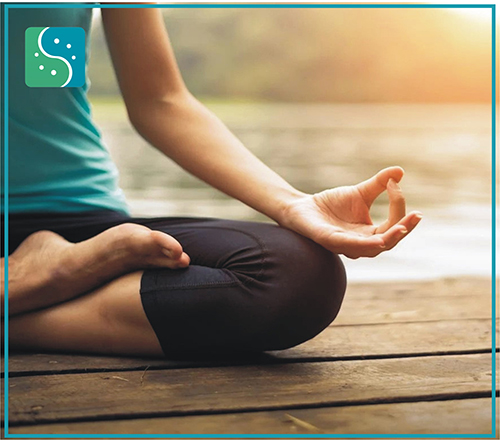INSOMNIA is one of the most common health concerns among adults. Insomnia causes sleep issues that interfere with daily life and can be debilitating for some people. Many factors may contribute to insomnia, including stress, medications, and an individual’s sleep habits and environment.
The homoeopathic approach for the treatment of insomnia involves linking the mental health with general symptoms to understand the root cause of the condition and then administering a natural treatment to alleviate it gradually and effectively.
Homoeopathy for insomnia works by treating the underlying physical and psychological conditions that may be causing the disorder.
There are number of medicines in homoeopathy which can be selected to treat sleeplessness which are safe, effective and not habit forming.
Insomnia is a sleep disorder characterized by difficulty in falling asleep, staying asleep, or both, even if you have ample time and a bedroom environment conducive to restful sleep. An insomnia diagnosis requires these sleep troubles to also cause daytime impairments, such as sleepiness or difficulty concentrating.
There are two main ways that experts use to put insomnia into categories.
Experts don’t fully know why insomnia happens, but the current understanding is that this condition can involve many factors. The factors that could cause or contribute include (but aren’t limited to) the following.
When insomnia is severe or lasts a long time, it causes sleep deprivation. A major concern with sleep deprivation is daytime sleepiness, which can be dangerous if you’re driving or doing other tasks that require you to be alert and attentive.
Sleep deprivation can also increase the risk of certain conditions:
Doctors generally diagnose insomnia by evaluating a person’s sleep habits and medical history. Typically, a patient’s description of their symptoms informs their insomnia diagnosis. A doctor may instruct patients to keep a sleep diary for a week or more, which can provide insight about a person’s sleep duration, perceived sleep quality, and lifestyle choices that may contribute to sleep problems. Other self-reporting diagnostic tools, including the Pittsburgh Sleep Quality Index, may be used by medical professionals in a clinical setting to determine the severity of insomnia symptoms.

Some of the most important things you can do to help your insomnia and your sleep overall revolve around sleep hygiene. These include, but aren’t limited to.
Yes, being pregnant (and conditions that happen while you’re pregnant) can significantly affect your ability to sleep. Being pregnant commonly causes changes throughout your body, including physical, hormonal and psychological effects. Those can affect your sleep routine and make it harder to get enough quality sleep.
Yes, COVID-19 can affect how you sleep, but experts still don’t fully understand how or why it does that. Researchers are investigating how exactly COVID-19 affects both your brain and your body. They also think that the overall stress related to the COVID-19 pandemic may play a role in this.
Sleep is something that people can take for granted until they aren’t getting enough of it. Sleeping is a critical component of your health. A lack of quality sleep can cause disruptions great and small in your overall health. Homoeopathy is effective, safe and natural treatment for insomnia which is not habit forming and can provide relief in both physical and psychological symptoms of insomnia. That way, you can put sleep-related concerns to rest and feel restored and ready when you wake up. As far as therapeutic medication is concerned, several remedies are available to treat insomnia that can be selected on the basis of individualisation and symptom similarity. For individualized remedy selection and treatment, the patient should consult a qualified homoeopathic doctor in person.